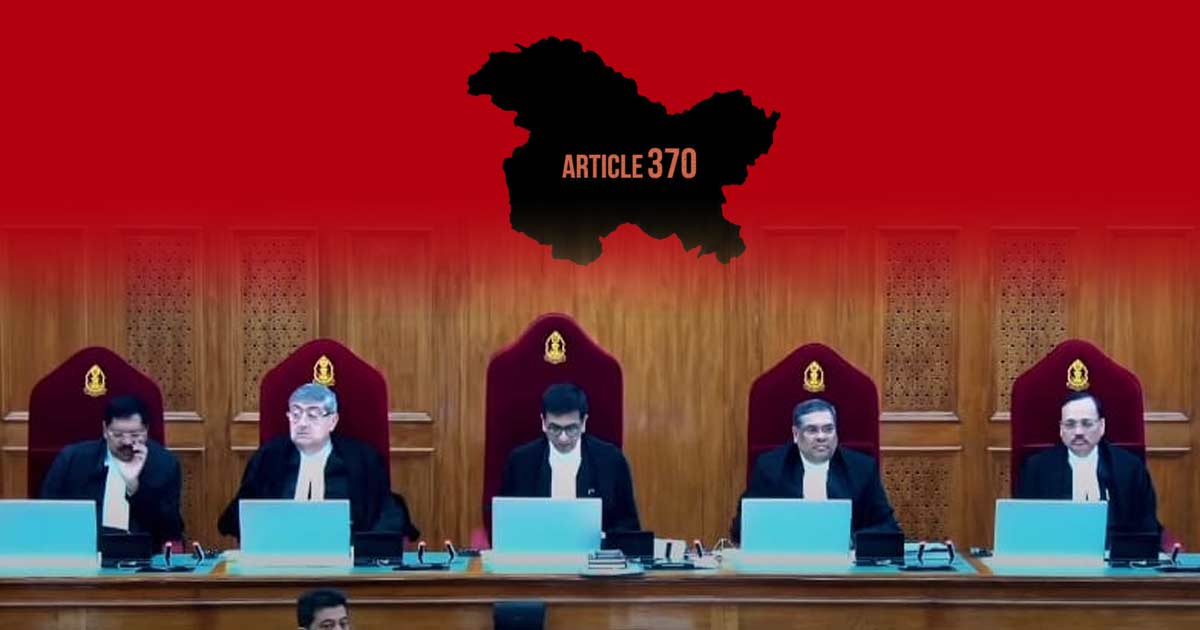In a recent decision, the Supreme Court has established that the LokAyukta, as per the Kerala LokAyukta Act 1999, lacks the power to issue positive directions. Instead, its jurisdiction is limited to submitting reports to the relevant authority along with recommendations.
Legal References and Interpretations
The bench, comprising Justice Vikram Nath and Justice Rajesh Bindal, referred to key judgments by the Kerala High Court, specifically Sudha Devi K. v. District Collector 2017 SCC OnLine Ker 1264 and District Collector v. Registrar, Kerala Lokayukta, AIR 2023 Ker 97. These judgments correctly interpreted the provisions of the Kerala Lokayukta Act, 1999, according to the Supreme Court.
Kerala Lok Ayukta Only Has Recommendatory Jurisdiction, Cannot Issue Positive Directions: Supreme Court https://t.co/BpktjSx1BF
— Dr Pritpal Singh (@pritpal_dr) December 4, 2023
Scope of Lokayukta Authority
Quoting Section 12(1) of the 1999 Act, the Supreme Court emphasized that the LokAyukta is not authorized to issue positive directions but can only submit reports with recommendations. The court clarified that LokAyukta and Upa-Lokayukta do not hold appellate or supervisory authority over other competent forums created under different statutes, as each statute provides its own remedial steps.
Also Read: Karnataka High Court Suspends Live Streaming And Video Conferencing For Court Proceedings After Hackers Play Obscene Videos
Background and Legal Challenge
The Apex Court’s ruling stemmed from a challenge against a Kerala High Court order. An Additional Tahsildar had filed a Writ Petition against an Upa Lokayukta’s order directing the correction of revenue records. The High Court dismissed the Tahsildar’s appeal, leading to the subsequent appeal to the Supreme Court.
Limitations on Lokayukta Jurisdiction: The complaint lodged before the Lokayukta involved an error in revenue records and sought mutation in the name of the legal heirs of the complainant. While the Lokayukta directed the Tehsildar to rectify the mistake and collect tax, the Appellant argued that the Lokayukta had overstepped its jurisdiction.
Supreme Court’s Verdict
Highlighting that the Respondent-Complainant failed to pursue appropriate statutory remedies, the Supreme Court ruled that the order issued by the High Court and the Upa-LokAyukta was not legally sustainable. Consequently, the court set aside these orders, affirming the limitations on the Lokayukta’s authority.








[…] Also Read: Supreme Court Clarifies Kerala LokAyukta’s Powers: Recommendatory, Not Directive […]